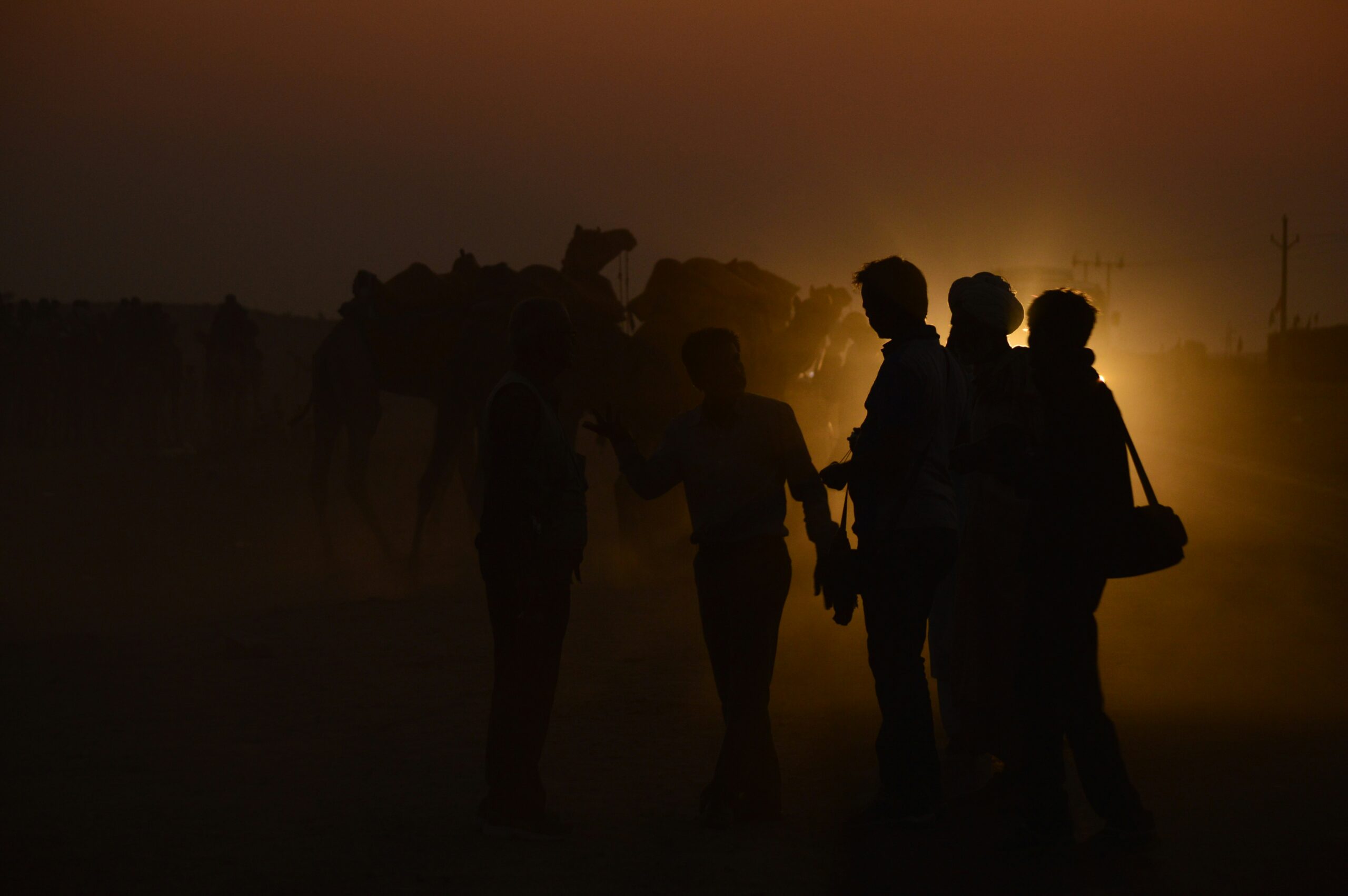
Escalating Tensions: Israeli-Backed Militia Leader and the Alleged Ethnic Cleansing in Gaza
In a revelation that could have significant implications for the Israeli-Palestinian conflict, Yasser Abu Shabab, a previously obscure figure from Gaza’s Tarabin Bedouin tribe, has emerged as a leader of a militia reportedly backed by Israel. This development comes amidst allegations of ethnic cleansing in Gaza, a claim that has drawn international concern and condemnation.
The Rise of Yasser Abu Shabab
Yasser Abu Shabab, who reportedly escaped from prison on October 7, 2024, was detained since 2015 on drug-related charges. His escape and subsequent rise to power as the head of the so-called Popular Forces militia coincide with Israeli Prime Minister Benjamin Netanyahu’s admission of supporting armed groups in Gaza to counterbalance Hamas. Netanyahu defended the strategy as a means to protect Israeli soldiers, without clarifying the militia’s specific actions.
However, experts believe that Israel’s support for Abu Shabab serves a darker purpose: putting a Palestinian face on the alleged ethnic cleansing in Gaza. This strategy, according to analysts, involves Abu Shabab’s militia in looting aid and resources essential for the survival of Gaza’s residents, thereby exacerbating the humanitarian crisis.
Controversial Actions and Community Backlash
Abu Shabab’s actions, particularly the looting of aid trucks entering Gaza, have not only deprived the Palestinian people of much-needed resources but have also led to a rare public disavowal from his own tribe. The Tarabin’s statement highlights a community torn apart by the actions of one of its members, now seen as a collaborator with Israeli interests. This internal conflict within the community underscores the complex social dynamics at play in Gaza, further complicating the geopolitical landscape.
International Reactions and Humanitarian Concerns
The international community, including numerous humanitarian organizations, has voiced alarm over the situation in Gaza. Reports from the United Nations and other aid groups have pointed to systematic looting and misappropriation of aid by forces led by Abu Shabab, under the alleged protection of the Israeli military. These actions have led to widespread starvation and suffering among the Palestinian population, sparking outrage and calls for immediate intervention.
The Broader Implications for Gaza and Beyond
The involvement of Abu Shabab in these activities is seen by many analysts as part of a broader Israeli strategy to alter the demographics of Gaza. This strategy purportedly includes the construction of what some are calling ‘concentration camps’ to house displaced Palestinians, a move that has drawn comparisons to some of the darkest episodes in history. The potential relocation of Palestinians to these camps, and possibly further afield, carries significant implications not only for Gaza but for the entire region, potentially destabilizing already tense Israeli-Palestinian relations.
Furthermore, the role of international actors and neighboring countries in responding to these developments will be crucial in shaping the future of the region. The actions of Egypt, in particular, will be pivotal, given its geographical and political proximity to Gaza.
Conclusion
The emergence of Yasser Abu Shabab as a militia leader backed by Israel, and the subsequent allegations of ethnic cleansing in Gaza, represent a new and alarming development in the Israeli-Palestinian conflict. The international community must closely monitor these developments and intervene appropriately to prevent further humanitarian disasters and potential escalations in violence. The situation in Gaza remains fluid, and the actions of figures like Abu Shabab will likely have far-reaching consequences for all parties involved.


